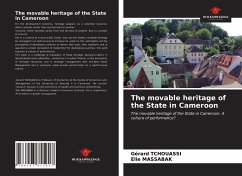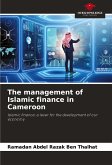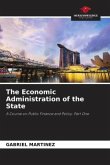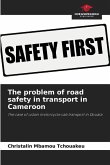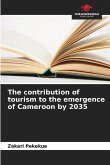For the development economy, heritage appears as a potential resource, which certainly varies from one territory to another.resource, which certainly varies from one territory to another. But in a context of scarcityBut in a context of scarce public funds, how can the State's movable heritage be managed in an optimal way to increase its value? Is this valorization not the prerogative of developed countries to reform their past, their traditions and to question a certain conception of modernity? For developing countries, this work requires a culture of performance. This book is a challenge to managers of State heritage, decision-makers in decentralized local authorities, researchers in public finance, in the economics of heritage resources and in heritage management who use New Public Management and in particular public-private partnerships for a performance culture.
Bitte wählen Sie Ihr Anliegen aus.
Rechnungen
Retourenschein anfordern
Bestellstatus
Storno

